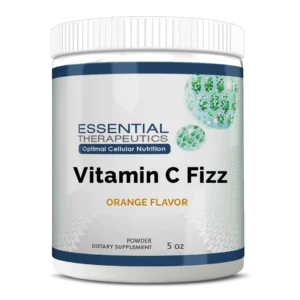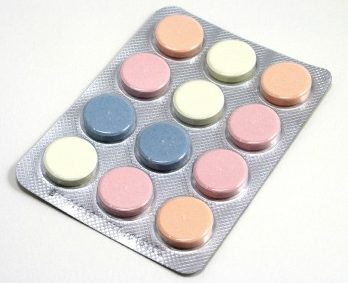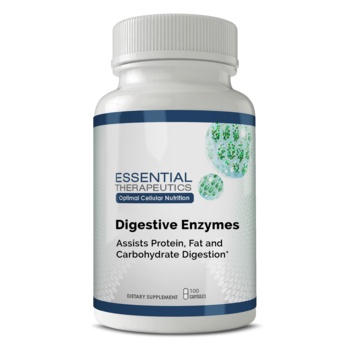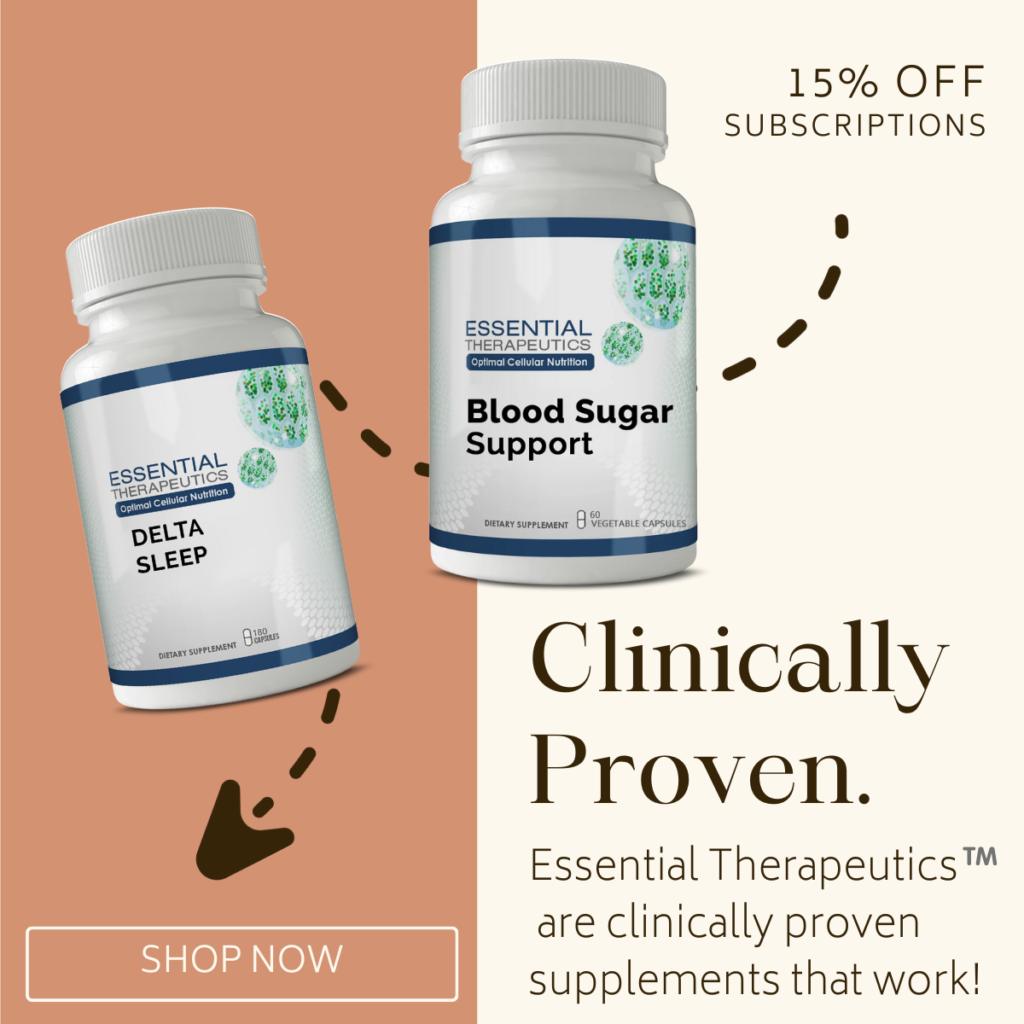The Potential Dangers of Aspartame (Equal)
 Aspartame side effects have been linked to the following diseases: fibromyalgia, arthritis, multiple sclerosis (MS), Parkinson’s disease, lupus, multiple chemical sensitivities (MCS), diabetes and diabetic complications, epilepsy, Alzheimer’s disease, birth defects, chronic fatigue syndrome, lymphoma, lyme disease, attention deficit disorder (ADD), panic disorder, depression, and other psychological disorders.
Aspartame side effects have been linked to the following diseases: fibromyalgia, arthritis, multiple sclerosis (MS), Parkinson’s disease, lupus, multiple chemical sensitivities (MCS), diabetes and diabetic complications, epilepsy, Alzheimer’s disease, birth defects, chronic fatigue syndrome, lymphoma, lyme disease, attention deficit disorder (ADD), panic disorder, depression, and other psychological disorders.
Aspartame was not approved until 1981, and then only in dry foods. For over eight years, the FDA refused to approve it because of the seizures and brain tumors this drug produced in lab animals. The FDA continued to refuse to approve it until President Reagan took office (a friend of Searle) and fired the FDA commissioner who wouldn’t approve it. At that point, Dr. Arthur Hull Hayes was appointed as commissioner. Even then, there was so much opposition to approval that a board of inquiry was set up. The board said, “Do not approve aspartame.” Dr. Hayes OVERRULED his own board of inquiry. Shortly after Commissioner Arthur Hull Hayes, Jr., approved the use of aspartame in carbonated beverages, he left for a position with G.D. Searle’s public relations firm.
Long Term Damage
Aspartame’s side effects may take years before they ever show – it appears to cause slow, silent damage in those unfortunate enough to not have immediate reactions and a reason to avoid it.
Methanol in Aspartame
Methanol/wood alcohol is a deadly poison. People may recall that methanol was the poison that has caused some “skid row” alcoholics to end up blind or dead. Methanol is gradually released in the small intestine when the methyl group of aspartame encounters the enzyme chymotrypsin. Methanol in aspartame is released in the small intestine when the methyl group of aspartame encounters the enzyme chymotrypsin. Free methanol begins to form in liquid aspartame – containing products at temperatures above 86 degrees F and within the human body. The methanol is then converted to formaldehyde. The formaldehyde converts to formic acid, the same as ant sting poison. Toxic formic acid is used as an activator to strip epoxy and urethane coatings. Imagine what it does to your tissues!
Components of aspartame go straight to the brain, causing damage that creates headaches, mental confusion, seizures, and faulty balance. Lab rats and other test animals died of brain tumors.
I suggest avoiding aspartame. Try using all-natural Stevia, available at most health food stores.
Vitamin C is a powerful antioxidant that can strengthen your body’s natural defenses!
Vitamin C (ascorbic acid) produces and maintains collagen, a protein that forms the foundation for connective tissue, the most abundant tissue in the body.
 Vitamin C, also known as ascorbic acid, is an essential nutrient that keeps the body functioning. Found in foods and dietary supplements, it aids in many biological functions, including the synthesis of collagen, the healing of wounds, and the repair and maintenance of cartilage, bones, and teeth.
Vitamin C, also known as ascorbic acid, is an essential nutrient that keeps the body functioning. Found in foods and dietary supplements, it aids in many biological functions, including the synthesis of collagen, the healing of wounds, and the repair and maintenance of cartilage, bones, and teeth.
Sources of vitamin C include citrus fruits, tomatoes, potatoes, strawberries, green and red bell peppers, broccoli, Brussels sprouts and kiwifruit, among others. You can enjoy these foods raw or cooked, but it’s important to note that fruits and vegetables lose vitamin C when heated or stored for long periods of time.
Vitamin C is a powerful antioxidant that can strengthen your body’s natural defenses. Antioxidants are molecules that boost the immune system. They do so by protecting cells from harmful molecules called free radicals.
When free radicals accumulate, they can promote a state known as oxidative stress, which has been linked to many chronic diseases. For example, people who have pneumonia tend to have lower vitamin C levels, and vitamin C supplements have been shown to shorten the recovery time. Studies show that consuming more vitamin C can increase your blood antioxidant levels by up to 30%. This helps the body’s natural defenses fight inflammation.
The benefits are many:
- increasing immune system function,
- helping the adrenal glands form important stress hormones,
- fighting bacterial infections,
- helping wounds heal,
- preventing hemorrhaging,
- reducing allergy symptoms,
- helping prevent heart disease,
- helping prevent free-radical damage,
- acting as a natural antihistamine,
- helping to convert tryptophan to serotonin,
- reducing blood pressure in mild hypertension,
- preventing the progression of cataracts,
- helping regulate blood-sugar levels,
- possibly improving fertility,
- lowering LDL (bad) cholesterol while raising HDL (good) cholesterol,
- helping prevent toxicity of cadmium, a heavy metal that can
- increase the risk of heart disease
- counteracting other heavy metals, including mercury and copper
Dementia affects over 35 million people worldwide and typically occurs among older adults. Vitamin C intake from food or supplements has been shown to have a protective effect on thinking and memory as you age. Low levels of this vitamin have been linked to an impaired ability to think and remember. Several studies have shown that people with dementia may have lower blood levels of vitamin C.
Studies show that vitamin C may help lower blood pressure in both those with and without high blood pressure. A review of 29 human studies found that taking a vitamin C supplement reduced systolic blood pressure (the upper value) by 3.8 mmHg and diastolic blood pressure (the lower value) by 1.5 mmHg, on average, in healthy adults. In adults with high blood pressure, vitamin C supplements reduced systolic blood pressure by 4.9 mmHg and diastolic blood pressure by 1.7 mmHg, on average.
Heart disease is the leading cause of death worldwide.
Vitamin C may help reduce these risk factors, which may reduce heart disease risk.
A review of 9 different studies with a combined 293,172 participants found that after 10 years, people who took at least 700 mg of vitamin C daily had a 25% lower risk of heart disease than those who did not take a vitamin C supplement.
Another analysis of 13 studies looked at the effects of taking at least 500 mg of vitamin C daily on risk factors for heart disease, such as blood cholesterol and triglyceride levels. The analysis found that taking a vitamin C supplement significantly reduced LDL (bad) cholesterol by 7.9 mg/dL and blood triglycerides by 20.1 mg/dL.
Iron is an important nutrient that has a variety of functions in the body. It’s essential for making red blood cells and transporting oxygen throughout the body.
Vitamin C supplements can help improve the absorption of iron from the diet. Vitamin C assists in converting iron that is poorly absorbed, such as plant-based sources of iron, into a form that is easier to absorb. This is especially useful for people on a meat-free diet, as meat is a major source of iron. In fact, simply consuming 100 mg of vitamin C may improve iron absorption by 67%. As a result, vitamin C may help reduce the risk of anemia among people prone to iron deficiency.
In one study, 65 children with mild iron deficiency anemia were given a vitamin C supplement. Researchers found that the supplement alone helped control their anemia. If you have low iron levels, consuming more vitamin-C-rich foods or taking a vitamin C supplement may help improve your blood iron levels.
A deficiency in Vitamin C can cause bleeding gums, loose teeth, dry and scaly skin, tender joints, muscle cramps, poor wound healing, lethargy, loss of appetite, depression, and swollen arms and legs. Aspirin, alcohol, antidepressants, anticoagulants, oral contraceptives, analgesics, and steroids can all interfere with vitamin C absorption.

Do You Suffer From Heartburn?
Are Antacids The Answer?
 No! These medications block the absorption of nutrients like zinc, folic acid, B12, calcium, and iron. This can lead to fatigue, anemia, and depression. Also, long-term use of these medications can block all stomach acid. But your body needs acid! Here’s why:
No! These medications block the absorption of nutrients like zinc, folic acid, B12, calcium, and iron. This can lead to fatigue, anemia, and depression. Also, long-term use of these medications can block all stomach acid. But your body needs acid! Here’s why:
- The esophageal sphincter, which connects your esophagus to your stomach, is stimulated to close by the release of stomach acids. Picture the esophageal sphincter as being a door that separates our esophagus (throat) from our stomach. The door is opened by the food we take in and closed when the naturally occurring stomach acid is released. When there’s not enough acid present because antacids have neutralized them, the esophageal sphincter may not close properly, allowing acid to travel back up into the esophagus and cause heartburn. Ironic, isn’t it? Antacids can actually make heartburn worse.
- The stomach needs acid to break down proteins for digestion. No protein digestion means no amino acids. No amino acids means no neurotransmitters (serotonin, dopamine, norepinephrine, etc.). This can lead to all sorts of problems including intestinal permeability, anemia, fatigue, increased allergy disorders, depression, anxiety, and bacterial and yeast overgrowth.
- An acidic environment is one of the body’s first lines of defense, destroying viruses, parasites, yeast, and bacteria.
Protocol For Low Stomach Acid
If you’re suffering from heartburn and you have FMS or CFS, low stomach acid is most likely the problem. Try these solutions rather than antacids: Take a digestive enzyme with each meal. If you’ve been taking Nexium, Prevacid, Pepcid, Prevpac, Prilosec, Propulsid, Reglan, or Zantac for over three months, then you may have to stay on the medication as you begin the digestive enzyme. But many of my patients have found that they don’t need these prescription medications once they start taking a good, high-potency digestive enzyme. Still, don’t discontinue any prescription medication without consulting your medical doctor first.
I recommend my patients use a potent 8X (double the strength of most) pancreatic digestive enzyme formula that utilizes USP porcine-derived high-potency pancreatin for reliable and consistent enzyme activity.
Pfizer’s Lipitor Ads …
Did you happen to catch Pfizer’s full-page Lipitor ads in numerous papers, including the New York Times and USA Today? The ads featured Dr. Robert Jarvik, inventor of the artificial heart, and read, “In patients with multiple risk factors for heart disease, Lipitor reduces risk of heart attack by 36 percent*.” The noteworthy part of this ad is the asterisk. It leads to a little note that discloses, “That means in a large clinical study, three percent of patients taking a sugar pill or placebo had a heart attack compared to two percent of patients taking Lipitor.”
Not quite as impressive when you put it that way.
Another Jarvik Lipitor ad in the Times proclaims, “In patients with type-2 diabetes, Lipitor reduces the risk of stroke by 48 percent* if you also have at least one other risk factor for heart disease.” The asterisk explanation here reads, “That means in a large clinical study, 2.8 percent of patients taking a sugar pill or placebo had a stroke compared to 1.5 percent of patients taking Lipitor.” We’re spending $26 billion a year for a 1-2 percent decreased risk for heart attack or stroke? That’s what all the fuss is about? It almost seems like snake oil. Yet some doctors are recommending we put statins in the drinking water. Others are even suggesting that infants with a family history of heart disease take statins as a preventative measure. And perhaps your doctor, convinced that statin drugs are harmless, routinely prescribes them for anyone with a cholesterol level above 200. He might even cite a number of studies in which statin use has lowered the number of heart attack deaths compared to controls. But if we look a little deeper into these studies, we see that statin medications do not significantly reduce the risk, and some studies have shown no improvement at all. A meta-analysis of 26 controlled cholesterol-lowering trials found an equal number of cardiovascular deaths in the treatment and control groups. And by reducing your cholesterol, statins can actually increase your risk of death overall.
So the question isn’t “Do statin drugs reduce the incidence of certain kinds of deaths for certain kinds of people?” The real question is this: “Do statin drugs reduce deaths?” That would be my definition of life saving. Whether it’s from heart attack or side effects, death is death, friend. And we want to avoid it. Please don’t fall prey to the medical myths and propaganda associated with cholesterol. There are several good books that should help remedy the cholesterol disease monger – please take time to read one of them. Here is a great link about the dangers of statin medications: www.thincs.org
Olive Oil May Protect the Brain From Alzheimer’s
 U.S. researchers have found that the compound in olive oil targets and blocks toxic proteins that damage brain cells and cause memory loss in Alzheimer’s disease patients. The compound, oleocanthal, alters the structures of the proteins, or ADDLs, said William L. Klein of Northwestern University and Paul A.S. Breslin of Monell Chemical Senses Center.
U.S. researchers have found that the compound in olive oil targets and blocks toxic proteins that damage brain cells and cause memory loss in Alzheimer’s disease patients. The compound, oleocanthal, alters the structures of the proteins, or ADDLs, said William L. Klein of Northwestern University and Paul A.S. Breslin of Monell Chemical Senses Center.
“Binding of ADDLs is thought to be a crucial first step in the initiation of Alzheimer’s disease,” Klein said in a statement. “Oleocanthal alters ADDL structure in a way that deters the protein from binding to synapses that allow the nervous system to connect.”
ADDLs bind within the synapses of the brains in Alzheimer’s patients and are believed to directly disrupt nerve cell function, eventually leading to memory loss, cell death, and global disruption of brain function, researchers said.








